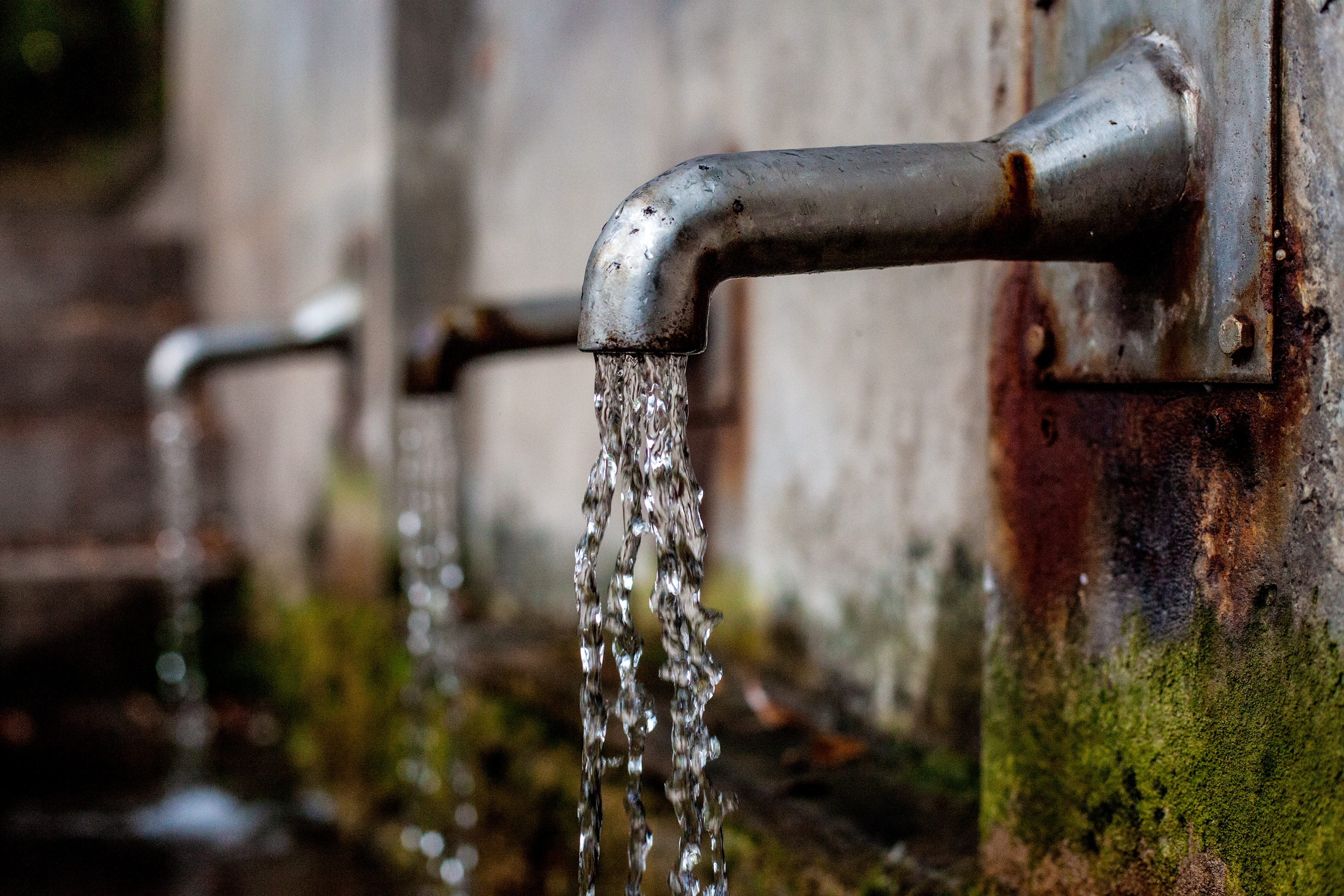Singapore's Water Technology Firms and Research Organisations Create Waves Internationally

The water technology advancements and infrastructure that have helped water-scarce Singapore fulfil its daily water needs are now making waves worldwide, giving clean water and sanitation to people everywhere.
According to the national water agency, PUB, the Republic is a leading global hydrohub with an ecosystem of over 200 water companies and 25 water research centres spanning the entire water value chain, including water supply, used water management, and stormwater management, such as flood protection measures.
Some local businesses have also commercialised their products in other regions of the globe.
Wateroam, a startup launched in 2014, has created portable water filters to give clean water to disaster-stricken nations as part of emergency response and humanitarian aid.
It has been exported to 38 countries, including Nepal, Malaysia, and Indonesia.
The Lien Environmental Fellowship was established in 2010 by the non-profit Lien Foundation to equip Asian scientists and researchers from select regional countries with the skills and resources necessary to tackle water and sanitation issues and renewable energy projects in their home countries.
Successful applicants receive mentoring from the Nanyang Environment and Water Research Institute (Newri) at Nanyang Technological University, where they receive technical and financial help to develop their ideas into feasible solutions.
As of May this year, a total of 18 projects have been administered in nine nations.
The executive director of the Lien Foundation, Lee Poh Wah, told The Straits Times that each initiative must be adapted to the unique issues of each community and that the solutions must be long-term, sustainable, and gather local support.
Recently, the Lien Environmental Fellowship programme initiated a new project to assess the source and extent of contamination in the extremely polluted Bagmati River in Kathmandu by collecting water quality samples.
In the river, solid trash, residential sewage, and industrial waste have been dumped continuously.
Shane Snyder, executive director of Newri, stated that a plastic upcycling technology, in which plastic trash is transformed into diesel fuel, could be a potential answer to Nepal's high fuel expenses.
When plastic garbage is left in water, dangerous substances can leach out and be detrimental to the human body, he said.
Madhukar Upadhya, a leading climate change and a watershed specialist from Nepal who was not engaged in the initiative, praised the idea, stating that it might provide jobs to individuals who collect plastic garbage and encourage homeowners to store plastic waste for sale.
Some of Singapore's finest breakthroughs, such as its membrane technology, benefited underprivileged areas through the Fellowship programme.
In the city of Mandalay, Myanmar, for example, the water was exceedingly hard and contaminated with E. coli and other diseases.
"We knew that the nanofiltration method (which is typically used to soften and disinfect water) would be the way to go, but there was no such system available," said Professor Snyder.
However, a local water technology business, Century Water, acquired the intellectual property rights from NTU and the National University of Singapore, which also conducts water technology research, and constructed a low-cost membrane nanofiltration system.
"The operations are still going strong, despite the coup there and even amid the COVID-19 pandemic," he added.
Mr Lee said that having clean water is the very foundation for health and human development.
"Without clean water, no country could ever escape poverty... and just as Singapore has become a global water hub, we have also benefited from foreign investment during the early days. So this is our way of paying it forward."
Source: The Straits Times

